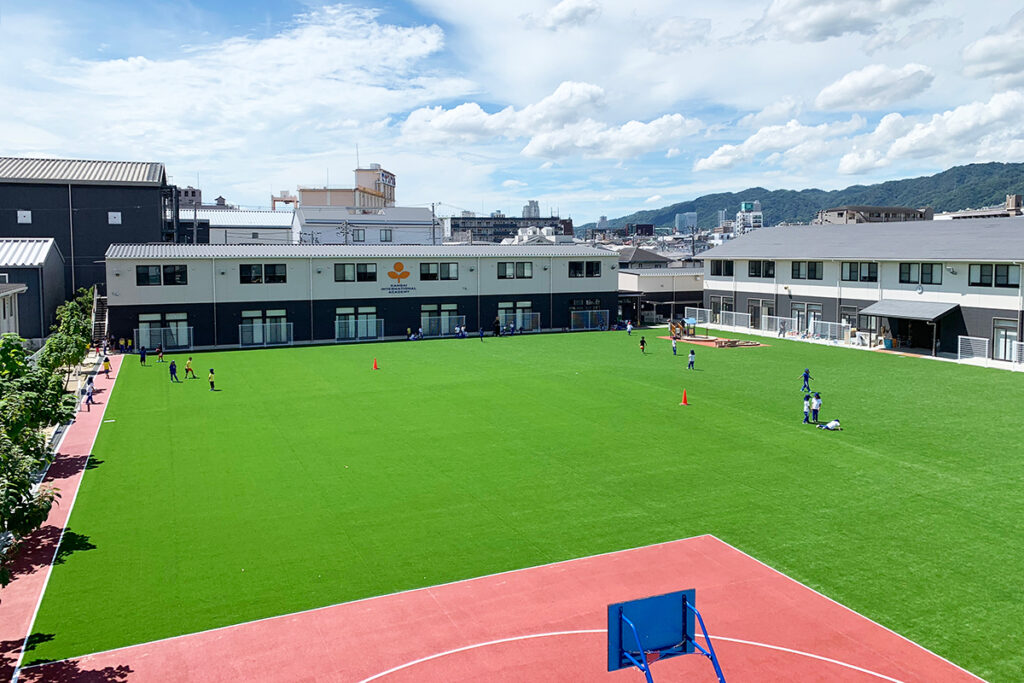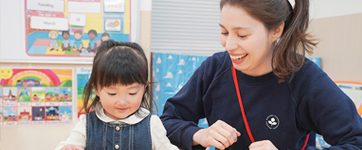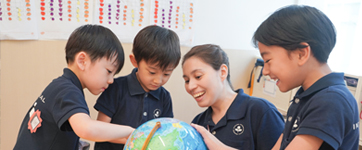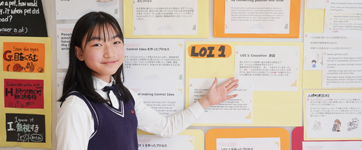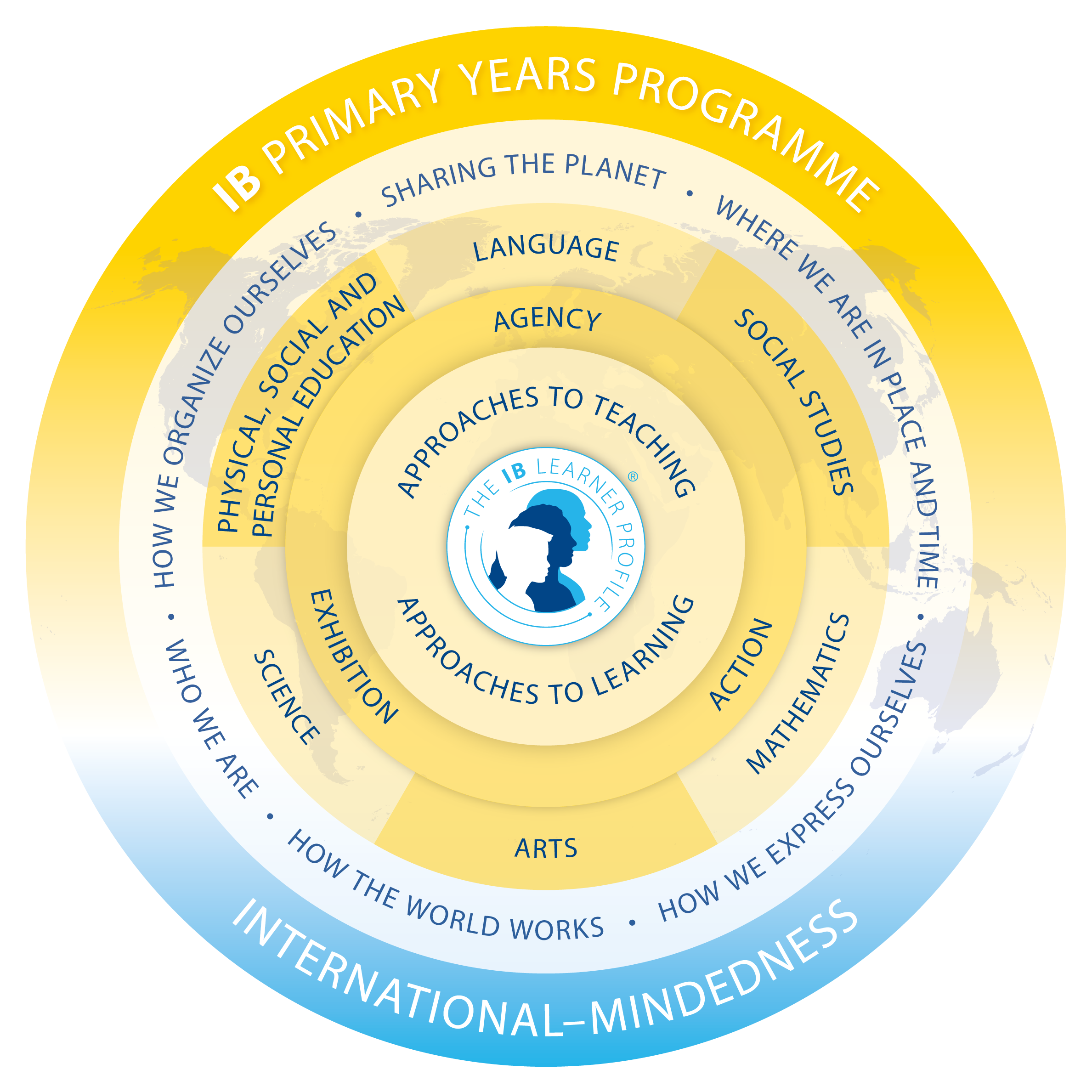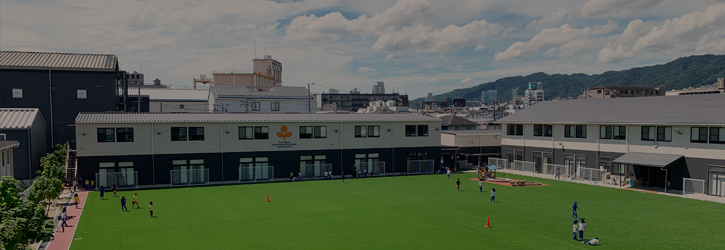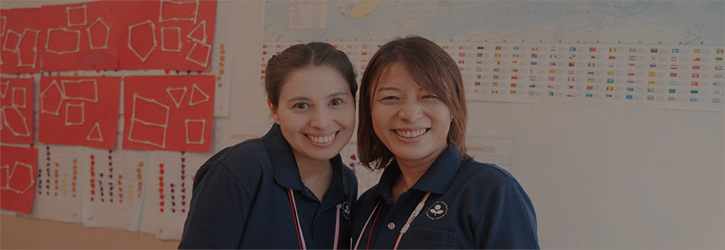International Baccalaureate-accredited schools where ELC students study from Secondary
The campus is sited on a large area of more than 6611m². Sunlight comes in through all of the classrooms from ELC to Secondary school. We have amazing facilities such as a cafeteria, where warm lunches are prepared everyday, a playground fully covered with artificial turf for children to run around, a blackbox theater equipped with three screens where it can be arranged freely to be used as a multipurpose room and more.
Kobe campus is the only integrated school which combines ELC, Kindergarten, Elementary and Secondary school. We have a PYP coordinator to provide IB education, and also a full time clinical psychologist to support students.
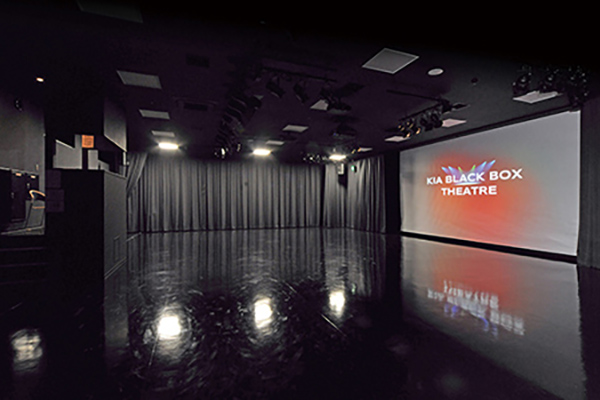
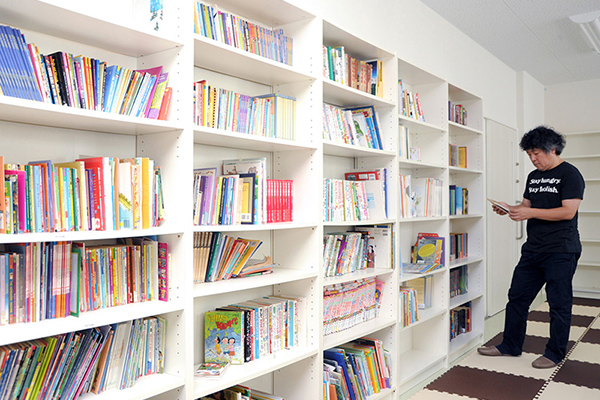
Kansai International Academy Kobe Campus has been accredited by the International Baccalaureate (IB) since April 2015, and is the only school that offers the PYP (Primary Years Programme) in Japanese and English (ages 3-12). Kansai International Academy is an authorized IB world school for the Diploma Programme (DP) from January 2020 and Middle Year Programme (MYP) from May 2023. As an integrated IB school with PYP, MYP, and DP accreditations, we have a structured curriculum with consistency.
The IB’s Primary Years Programme (PYP), Middle Years Programme (MYP) and Diploma Programme (DP) (as well as the IB Career-related Programme (CP)) can only be offered by schools accredited by the International Baccalaureate Organization.
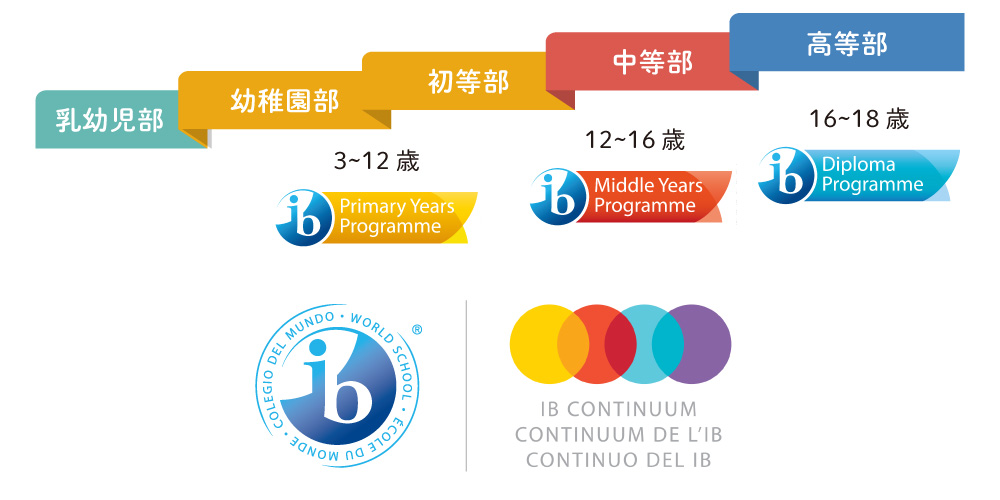
Kansai International Academy
Elementary School
4-1-31 Shinzaikeminami-machi, Nada-ku, Kobe-shi, Hyogo 657-0864
10min walk from Hanshin Railway Oishi Station
12min walk from Hanshin Railway Shinzaike Station
078-882-6680
Closed: Saturday, Sunday and Holidays
